In the present world, it is projected that there are hundreds— or even thousands— of programming languages. Let’s suppose you’re already working in IT, or thinking about entering this industry. In that case, you most likely wish to know the most popular programming languages in the market as well as the languages that will help you get the highest-paying job offers. Doing some internet research would provide a heap of lists and articles with details on the latest statistics, trends, and predictions in the field.
Nonetheless, determining the exact figures of the popularity of a programming language could be a complex challenge. Anybody willing to take on the role of a programmer professionally in the IT industry is going to ask the most relevant and crucial question in the field: What are the most popular programming languages, and why do they matter?
The most accurate answer could only be derived from the most in-demand jobs in programming and the salary packages in the market. This analysis is based on the two most widely referenced programming indexes – TIOBE and PYPL.
Programming Language Market In 2025: An Overview
The world of programming is an ever-changing one, but here are some languages that are always at the top of various ranking lists. One of such popular credible indices is TIOBE and PYPL, where we can see the clear winners dominating the IT industry. It is also crucial to consider the state of the software market, which appears to be undergoing consolidation. As of April 2025 TIOBE index, the top 20 languages account for 83.56% of the total market share, which is a significant increase from the typical 75% market share observed before.
This could be a fantastic opportunity for anyone wanting to learn programming. This trend demonstrates that the market prefers tried and tested technologies over experimenting with new ones— again supporting the idea that devoting time to becoming proficient in a well-established coding language is a better investment.
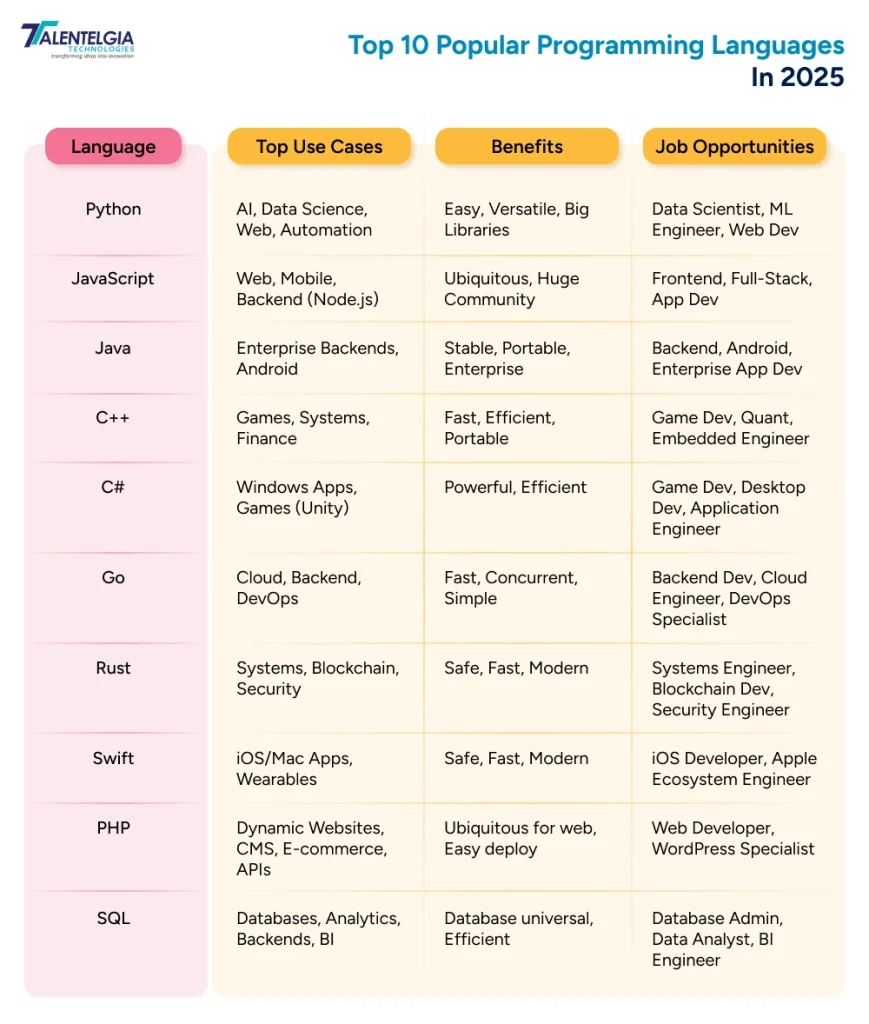
Why Does Prioritizing Your Programming Technologies Matter?
First things first, it’s essential to leverage technologies that align with your business objectives, visions, plans, industry, and in-demand roles that your technology team requires. For example, if your goals revolve around Artificial Intelligence (AI), then finding developers who know Python will get you started. But if you’re developing games, then C# will serve your needs much better.
On the other hand, if you want to choose your technology stack but you’re uncertain of its future use, then choose JavaScript, as it is used in many industries and applications. JavaScript is the standard language of the web, and a decent all-rounder for developers. Meanwhile, Python is more recognized in the fields of Data Science and Machine Learning (ML).
The Top 10 Most Popular Programming Languages: Use Cases & Benefits
Most coders and engineers are interested in knowing which programming language will most likely boost their careers. Today, there are many possibilities blooming with the evolution of technologies, which makes it easier to figure out which language to pick. When people recognize the language that offers the most exciting opportunities for growth and advancements, it becomes easier to address the current demand for skilled developers.
Be it Web Development, Data Science, or Artificial Intelligence (AI), every specialization in programming has its designated programming language. So the main question arises— what are the most popular programming languages that are likely to be promising in 2025 and the upcoming years? Let’s take a closer look.
1. Python
Python is known for its simplicity, the readability of its code, and the large number of available libraries. It’s frequently suggested as a first language for new coders because of its easily understandable syntax. Its wide adaptation is unbelievable, so it is very popular in different fields.
Use Cases:
- Data Science & Machine Learning
- Web and backend development
- AI and automation
- Scripting and DevOps
Benefits:
- Easy to learn—readable, “English-like” code
- Huge ecosystem (NumPy, Pandas, TensorFlow, Django)
- Cross-platform compatibility
Also Read: How to Check the Python Version?
2. JavaScript
JavaScript, originally designed for web browsers to make web pages interactive, has evolved into a massive powerhouse capable of handling both front-end and back-end development.
With frameworks like Node.js, it has become a full-stack language.
Use Cases:
- Frontend web (React, Angular, Vue)
- Backend (Node.js)
- Mobile and hybrid apps
- Game development
Benefits:
- Runs everywhere: browsers, servers, even hardware
- Gigantic community and framework support
- Asynchronous, event-driven
3. Java
A robust, object-oriented, and platform-independent language, Java has been a cornerstone of enterprise-level applications for decades. Its “Write Once, Run Anywhere” (WORA) philosophy makes it highly portable across various operating systems.
Use Cases:
- Enterprise-scale systems
- Android App Development
- Banking, finance, and government tech
- Cloud backend services
Benefits:
- Portable, robust, secure
- Scalable for massive applications
- Strongly typed and object-oriented
4. C++
An extension of the C language, C++ is a powerful, high-performance, and highly efficient language. It offers low-level memory manipulation capabilities, making it ideal for systems programming and resource-intensive applications.
Use Cases:
- High-performance software
- Game engines (Unreal, Unity)
- Robotics, embedded systems
- Finance, aerospace, real-time systems
Benefits:
- Close-to-metal hardware control
- Portable across platforms
- Advantages for computational tasks
5. C# (C-sharp)
Developed by Microsoft, C# is a modern, object-oriented language that runs on the .NET framework. It’s known for its robust features for building Windows applications, games, and enterprise software.
Use Cases:
- Game dev (Unity)
- Windows desktop and server apps
- Enterprise software
- Mobile (via Xamarin)
Benefits:
- Simple, modern syntax
- Integrated Visual Studio tools
- Cross-platform via .NET
6. Go (Golang)
Developed by Google, Go is a statically typed, compiled language designed for simplicity, efficiency, and reliability. It’s particularly strong for building scalable network services and concurrent applications.
Use Cases:
- Cloud infrastructure (Docker, Kubernetes)
- Web servers & APIs
- Networking and DevOps tools
Benefits:
- Lightning-fast compilation
- Simple concurrency (goroutines)
- Minimalist, clean design
7. Swift
Apple’s powerful and intuitive programming language for building apps across Apple’s ecosystem (iOS, macOS, watchOS, tvOS). Swift is designed for safety, performance, and modern software design patterns.
Use Cases:
- iOS and macOS apps
- Wearables (watchOS)
- Backend via Swift server frameworks
Benefits:
- Easy to read, safe
- Modern syntax, less boilerplate
- Rapid performance
8. Rust
Rust is a systems programming language focused on safety, especially memory safety, and performance. It aims to provide the control of low-level languages like C++ with modern safety guarantees, preventing common bugs like null pointer dereferences without a garbage collector.
Use Cases:
- Systems programming
- WebAssembly
- Blockchain platforms
- Security-critical apps
Benefits:
- Eliminates key classes of bugs
- Performance like C/C++
- Great documentation
9. PHP
PHP has powered the web for decades, driving everything from WordPress to large-scale e-commerce platforms. Its straightforward syntax and tight integration with HTML make it accessible for both beginners and pros, ensuring its ongoing role in the world of web development.
Use Cases:
- Dynamic websites and web apps
- Content Management Systems (like WordPress, Drupal)
- E-commerce platforms (Magento, WooCommerce)
- Backend APIs
Benefits:
- Vast hosting and documentation support
- Rapid deployment for web projects
- Compatible with every major OS and database
- Huge library ecosystem (Composer packages)
10. SQL
SQL (Structured Query Language) is the backbone of data storage and retrieval worldwide. Nearly every app or business system—cloud, desktop, or web—relies on SQL for effective database management and efficient data-driven decision-making.
Use Cases:
- Managing and querying relational databases (MySQL, PostgreSQL, SQLite, SQL Server, Oracle)
- Data analysis and business intelligence
- Data warehousing and ETL pipelines
- Backend services for apps and websites
Benefits:
- Universal database language—works with almost every DB system
- Extremely efficient at querying, updating, and reporting
- Crucial for analytics, reporting, and business operations
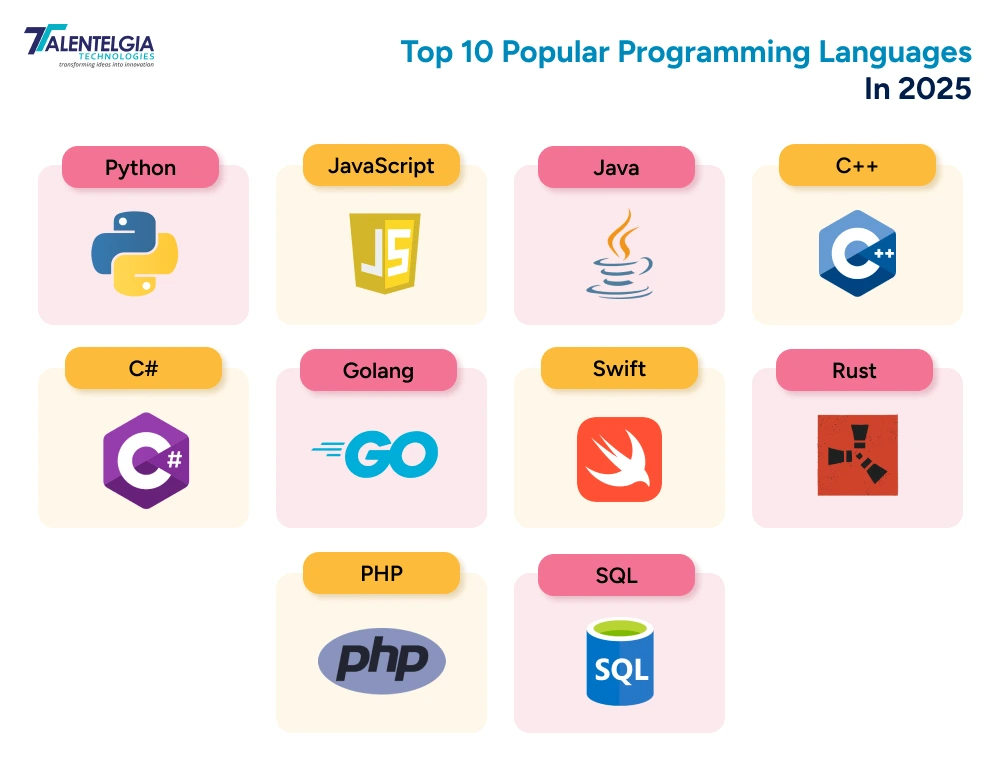
So, Which Programming Language Is Best to Get Job?
This is the million-dollar question, and the answer is more nuanced and exciting than you might think. Currently, there are nearly 700+ computer programming languages in total (Acc. to Wikipedia). However, the most widely used languages across the globe are only a few. And the most in-demand languages are Python, JavaScript, Java, and C++.
Choosing the right programming language for employment will depend on your professional objectives. Python and SQL are most relevant for the roles of data scientists and data analysts.
For general web and software development, your focus should be JavaScript or Java.
For cloud computing and DevOps, focus on Go and Rust.
Swift and Kotlin focus on mobile application development.
The “best” language isn’t static; it’s the one that aligns with your passion, the industry you want to enter, and your long-term career aspirations. The most important thing is to start, build projects, and continuously learn!
Final Thoughts
To progress further in your career, learning the right programming language is crucial. There are many reasons why you might want to learn this language, and for whatever amount of time, it is probably always going to be worthwhile. Whether you’re an experienced professional or just starting your career as a fresher, mastering something that's always in demand can greatly boost your employment opportunities with a good salary package.
For more industry guidance and training with industry professionals, contact us and start learning today!


 Healthcare App Development Services
Healthcare App Development Services
 Real Estate Web Development Services
Real Estate Web Development Services
 E-Commerce App Development Services
E-Commerce App Development Services E-Commerce Web Development Services
E-Commerce Web Development Services Blockchain E-commerce Development Company
Blockchain E-commerce Development Company
 Fintech App Development Services
Fintech App Development Services Fintech Web Development
Fintech Web Development Blockchain Fintech Development Company
Blockchain Fintech Development Company
 E-Learning App Development Services
E-Learning App Development Services
 Restaurant App Development Company
Restaurant App Development Company
 Mobile Game Development Company
Mobile Game Development Company
 Travel App Development Company
Travel App Development Company
 Automotive Web Design
Automotive Web Design
 AI Traffic Management System
AI Traffic Management System
 AI Inventory Management Software
AI Inventory Management Software
 AI Software Development
AI Software Development  AI Development Company
AI Development Company  AI App Development Services
AI App Development Services  ChatGPT integration services
ChatGPT integration services  AI Integration Services
AI Integration Services  Generative AI Development Services
Generative AI Development Services  Natural Language Processing Company
Natural Language Processing Company Machine Learning Development
Machine Learning Development  Machine learning consulting services
Machine learning consulting services  Blockchain Development
Blockchain Development  Blockchain Software Development
Blockchain Software Development  Smart Contract Development Company
Smart Contract Development Company  NFT Marketplace Development Services
NFT Marketplace Development Services  Asset Tokenization Company
Asset Tokenization Company DeFi Wallet Development Company
DeFi Wallet Development Company Mobile App Development
Mobile App Development  IOS App Development
IOS App Development  Android App Development
Android App Development  Cross-Platform App Development
Cross-Platform App Development  Augmented Reality (AR) App Development
Augmented Reality (AR) App Development  Virtual Reality (VR) App Development
Virtual Reality (VR) App Development  Web App Development
Web App Development  SaaS App Development
SaaS App Development Flutter
Flutter  React Native
React Native  Swift (IOS)
Swift (IOS)  Kotlin (Android)
Kotlin (Android)  Mean Stack Development
Mean Stack Development  AngularJS Development
AngularJS Development  MongoDB Development
MongoDB Development  Nodejs Development
Nodejs Development  Database Development
Database Development Ruby on Rails Development
Ruby on Rails Development Expressjs Development
Expressjs Development  Full Stack Development
Full Stack Development  Web Development Services
Web Development Services  Laravel Development
Laravel Development  LAMP Development
LAMP Development  Custom PHP Development
Custom PHP Development  .Net Development
.Net Development  User Experience Design Services
User Experience Design Services  User Interface Design Services
User Interface Design Services  Automated Testing
Automated Testing  Manual Testing
Manual Testing  Digital Marketing Services
Digital Marketing Services 
 Ride-Sharing And Taxi Services
Ride-Sharing And Taxi Services Food Delivery Services
Food Delivery Services Grocery Delivery Services
Grocery Delivery Services Transportation And Logistics
Transportation And Logistics Car Wash App
Car Wash App Home Services App
Home Services App ERP Development Services
ERP Development Services CMS Development Services
CMS Development Services LMS Development
LMS Development CRM Development
CRM Development DevOps Development Services
DevOps Development Services AI Business Solutions
AI Business Solutions AI Cloud Solutions
AI Cloud Solutions AI Chatbot Development
AI Chatbot Development API Development
API Development Blockchain Product Development
Blockchain Product Development Cryptocurrency Wallet Development
Cryptocurrency Wallet Development About Talentelgia
About Talentelgia  Our Team
Our Team  Our Culture
Our Culture 
 Healthcare App Development Services
Healthcare App Development Services Real Estate Web Development Services
Real Estate Web Development Services E-Commerce App Development Services
E-Commerce App Development Services E-Commerce Web Development Services
E-Commerce Web Development Services Blockchain E-commerce
Development Company
Blockchain E-commerce
Development Company Fintech App Development Services
Fintech App Development Services Finance Web Development
Finance Web Development Blockchain Fintech
Development Company
Blockchain Fintech
Development Company E-Learning App Development Services
E-Learning App Development Services Restaurant App Development Company
Restaurant App Development Company Mobile Game Development Company
Mobile Game Development Company Travel App Development Company
Travel App Development Company Automotive Web Design
Automotive Web Design AI Traffic Management System
AI Traffic Management System AI Inventory Management Software
AI Inventory Management Software AI Software Development
AI Software Development AI Development Company
AI Development Company ChatGPT integration services
ChatGPT integration services AI Integration Services
AI Integration Services Machine Learning Development
Machine Learning Development Machine learning consulting services
Machine learning consulting services Blockchain Development
Blockchain Development Blockchain Software Development
Blockchain Software Development Smart contract development company
Smart contract development company NFT marketplace development services
NFT marketplace development services IOS App Development
IOS App Development Android App Development
Android App Development Cross-Platform App Development
Cross-Platform App Development Augmented Reality (AR) App
Development
Augmented Reality (AR) App
Development Virtual Reality (VR) App Development
Virtual Reality (VR) App Development Web App Development
Web App Development Flutter
Flutter React
Native
React
Native Swift
(IOS)
Swift
(IOS) Kotlin (Android)
Kotlin (Android) MEAN Stack Development
MEAN Stack Development AngularJS Development
AngularJS Development MongoDB Development
MongoDB Development Nodejs Development
Nodejs Development Database development services
Database development services Ruby on Rails Development services
Ruby on Rails Development services Expressjs Development
Expressjs Development Full Stack Development
Full Stack Development Web Development Services
Web Development Services Laravel Development
Laravel Development LAMP
Development
LAMP
Development Custom PHP Development
Custom PHP Development User Experience Design Services
User Experience Design Services User Interface Design Services
User Interface Design Services Automated Testing
Automated Testing Manual
Testing
Manual
Testing About Talentelgia
About Talentelgia Our Team
Our Team Our Culture
Our Culture
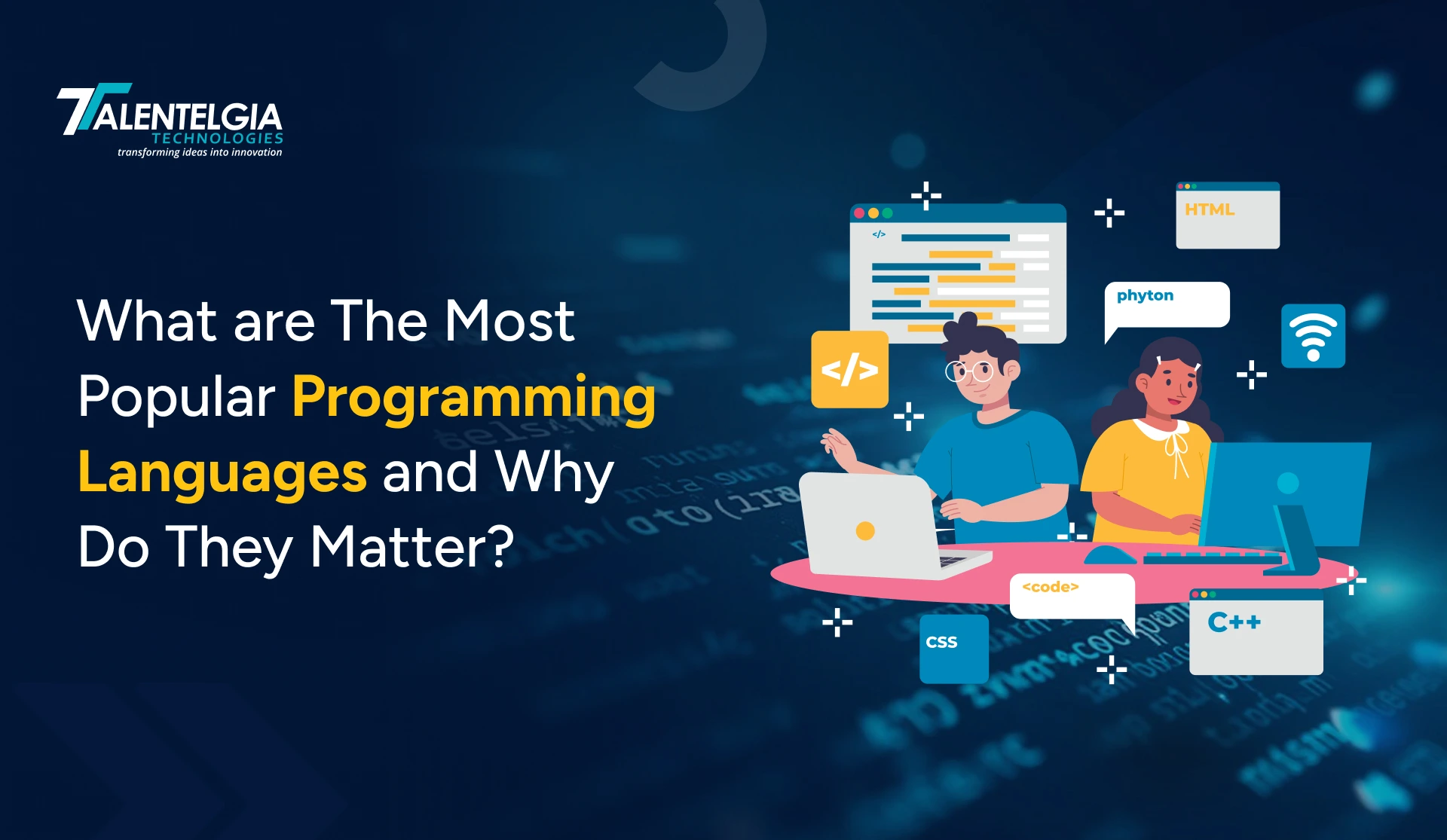

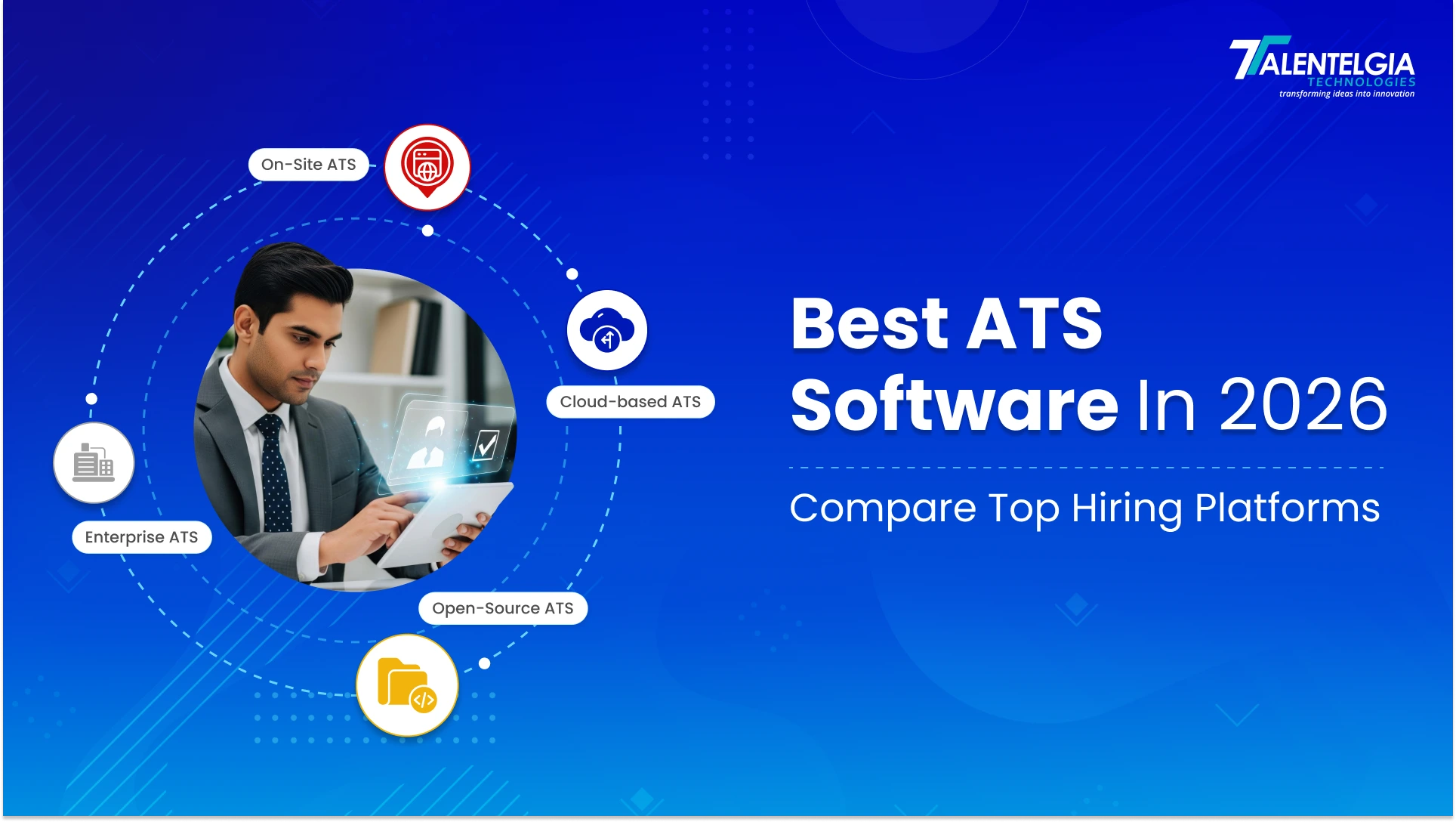

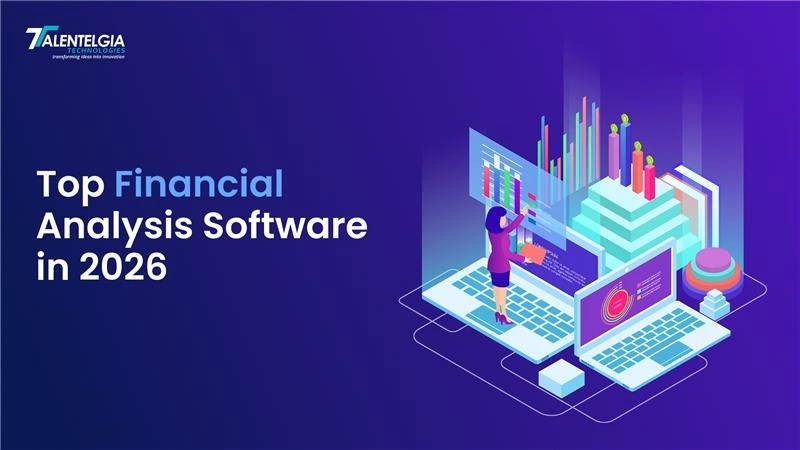
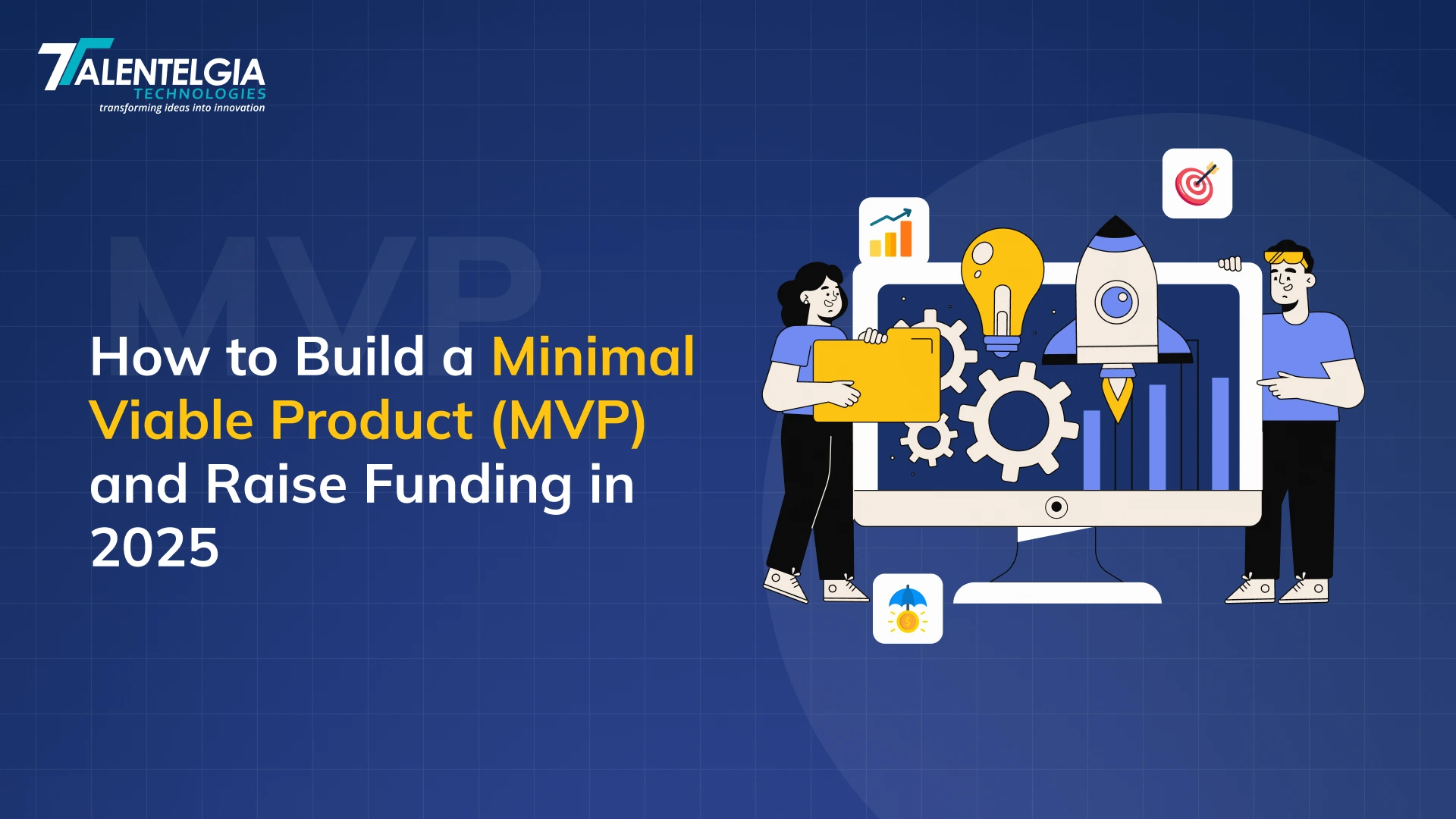











 Write us on:
Write us on:  Business queries:
Business queries:  HR:
HR: 





